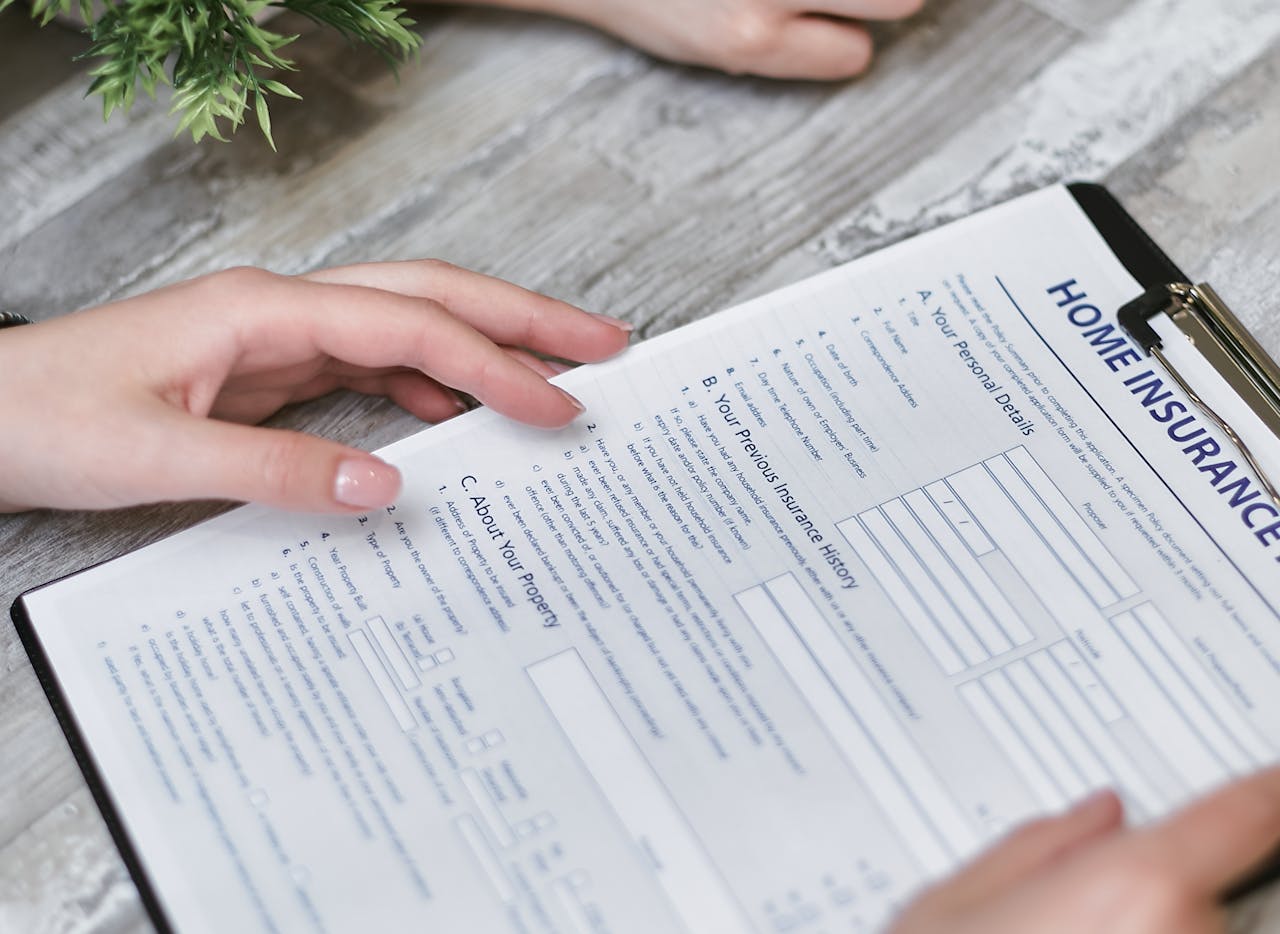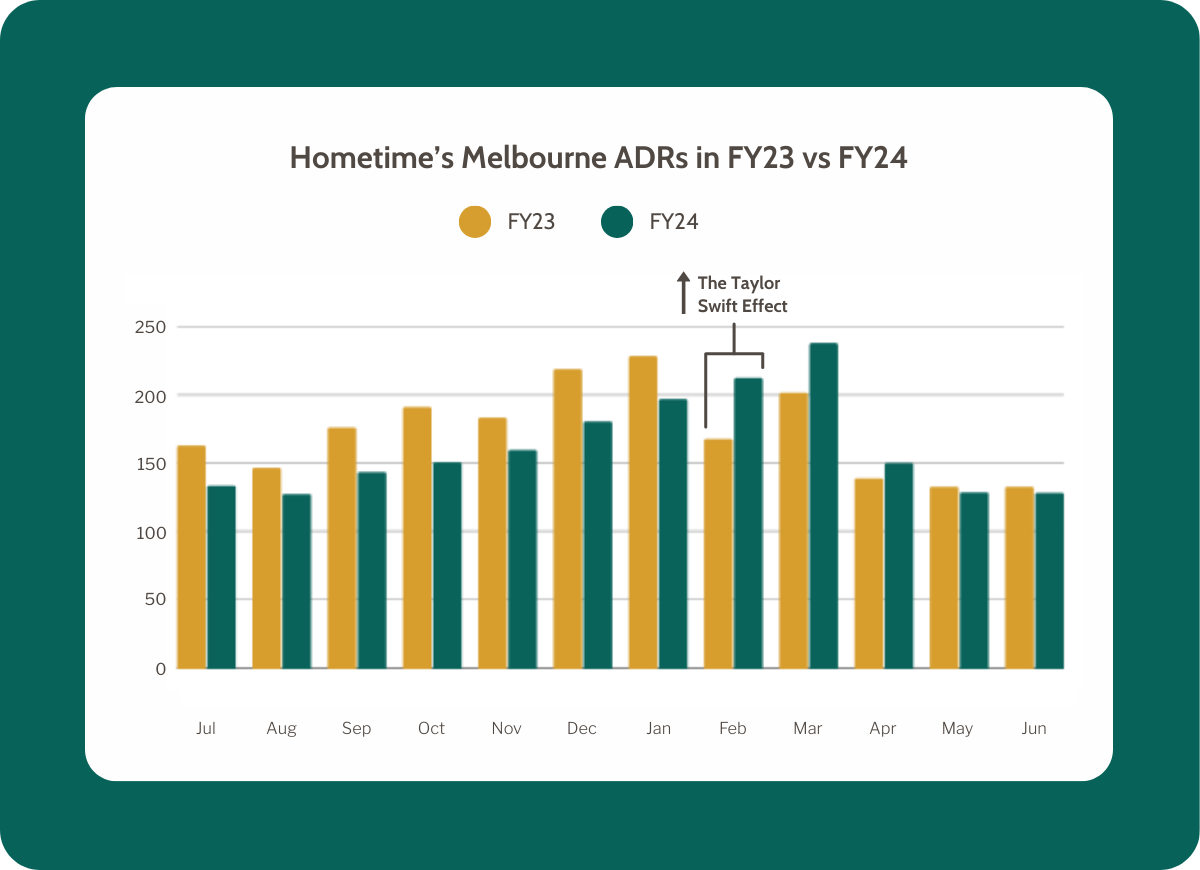Inside Hometime
Stay up to date with the latest short-term rental trends and Airbnb management insights in Australia, with expert advice on how to set up your Airbnb for success.
Thank you! Your submission has been received!
Oops! Something went wrong while submitting the form.

.jpg)








.jpg)







.webp)






.webp)




.jpg)





.jpg)


.webp)


.jpg)

.jpg)




.webp)

